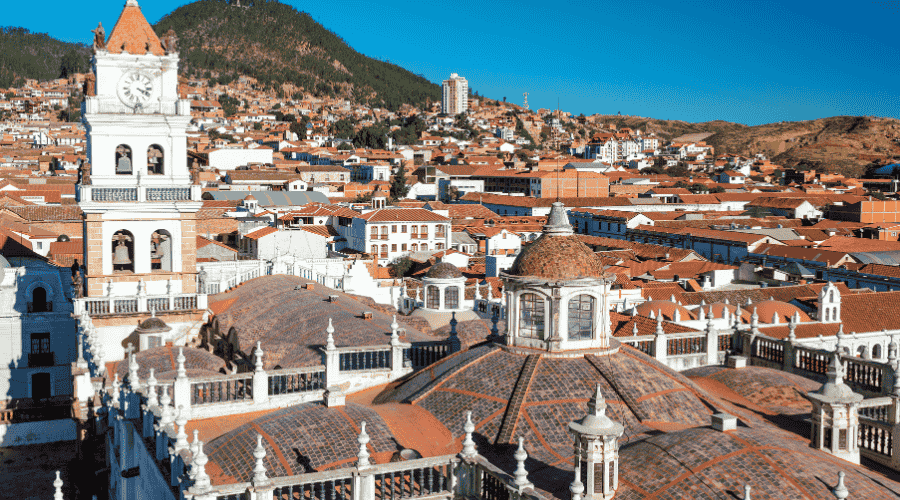
Bolivia has formally responded to Chile’s lawsuit in The Hague, reinforcing its long-standing claim to sovereign sea access. The legal dispute, which has been ongoing for decades, took a critical turn as Bolivia presented its arguments before the International Court of Justice (ICJ), demanding a resolution to its landlocked status.
The Legal Battle Between Bolivia and Chile
The conflict dates back to the War of the Pacific (1879-1884), during which Bolivia lost its coastline to Chile. Since then, Bolivia has repeatedly sought to regain sovereign access to the Pacific Ocean, arguing that Chile had historically promised negotiations over the matter. In response, Chile has maintained that its territorial boundaries were settled by the 1904 Treaty of Peace and Friendship, which Bolivia signed, relinquishing its coastal claims.
For further insight into Bolivia’s political and economic landscape, read about President Evo Morales’ controversial law expanding coca cultivation.
Bolivia’s Argument at The Hague
Bolivia’s legal representatives emphasized that Chile’s historical commitments and diplomatic discussions imply an obligation to negotiate Bolivia’s access to the sea. The Bolivian government argues that the loss of its coastline has severely impacted its economic growth and trade, leaving the country dependent on Chilean ports for maritime commerce.
Stay updated with the latest news on Latin American politics by visiting Diario Palm Beach.
Chile’s Defense and International Reactions
Chile’s defense asserts that Bolivia voluntarily signed the 1904 treaty and that there is no legal obligation to renegotiate the issue. International legal experts have weighed in on both sides, with some suggesting that Bolivia’s case rests on moral and historical grounds rather than legally binding agreements.
The case has drawn attention from various international organizations, including the United Nations (UN) and the Organization of American States (OAS), both of which have encouraged diplomatic dialogue between the two nations.
For inquiries or further discussions, reach out via our Contact Us page.
Learn more about Diario Palm Beach and our commitment to quality journalism by visiting our About Us page.




